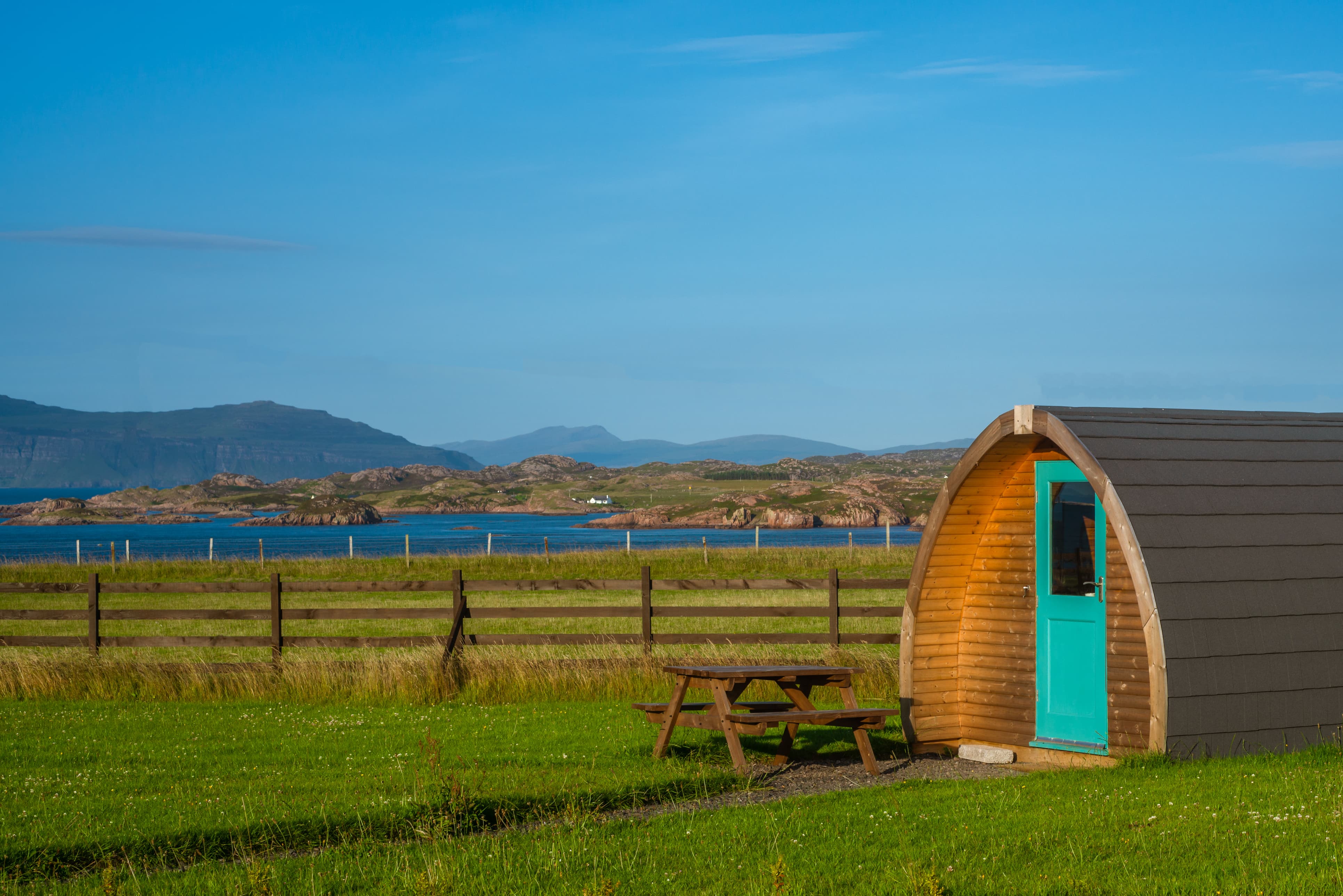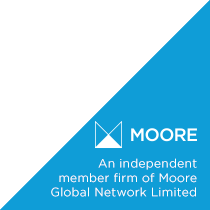Diversifying your rural business - benefit from ever-changing VAT rules
This article first appeared in Scottish Farming Leader, NFU Scotland’s members’ magazine.
Many rural businesses have diversified, or are considering diversifying, into hospitality and leisure activities as an additional income stream. In the midst of the coronavirus pandemic in 2020, Chancellor Rishi Sunak announced a temporary 5% reduced rate of VAT for hospitality and tourism activities. This period of reduced VAT is coming to an end on 30 September 2021, with a new 12.5% reduced rate applying from 1 October 2021 to 31 March 2022.
Areas that rural businesses may have diversified into could include the holiday accommodation market, setting up cafés, starting up food and drink businesses that promote local produce, or beginning to host activities on their land.
Income from these activities is normally liable to 20%, the highest UK VAT rate, although there are variances and complexities, particularly with food and drink.
In July 2020, the UK Government announced that the 5% reduced rate of VAT would apply to:
- Hotel and holiday accommodation – including camping and pitches
- Hospitality – cafés, restaurants, takeaways, bars (excluding alcohol)
- Admissions to certain attractions – tours, gardens, shows
What is changing and when?
The Government’s original plan was to restore the VAT rate to 20% from 13 January 2021, but this date was extended to 1 April 2021.
The March 2021 UK Budget then revealed that the 5% rate would be extended again until 30 September 2021, and a new 12.5% reduced rate would apply between 1 October 2021 and 31 March 2022.
The Government intends to restore the 20% VAT rate from 1 April 2022; although some industry bodies are campaigning to retain a reduced rate of VAT. Successful lobbying could result in a further extension to the reduced VAT rate, or even a permanent reduced VAT rate for the hospitality and leisure sector. This would put UK hospitality and leisure businesses on par with many European countries.

What do the changes mean for my business?
The temporary reduced VAT rates offer significant benefits. Businesses can retain pricing levels, and profit from paying less VAT to HMRC, or pass on the VAT reductions by reducing prices to stimulate sales. The key point is the VAT accounting is up to businesses; HMRC are happy either way.
Additionally, an interesting quirk in the rules means that businesses can benefit from lower VAT rates at the time of booking even where a higher VAT rate applies when the customer benefits from the product. For example, a payment for B&B booking received before October 2021 is subject to 5% VAT even if the room is taken in June 2022.
Flat Rate Scheme users should note the flat rate for catering (including restaurants and takeaways), accommodation and bars has been reduced until 31 March 2022.
Get in touch
VAT is a complex area, and we recommend consulting an adviser before implementing any changes. To discuss any updates you are considering for your hospitality and tourism business, please don’t hesitate to get in touch with me, our specialist Rural team, our VAT team, or your usual Johnston Carmichael contact.

